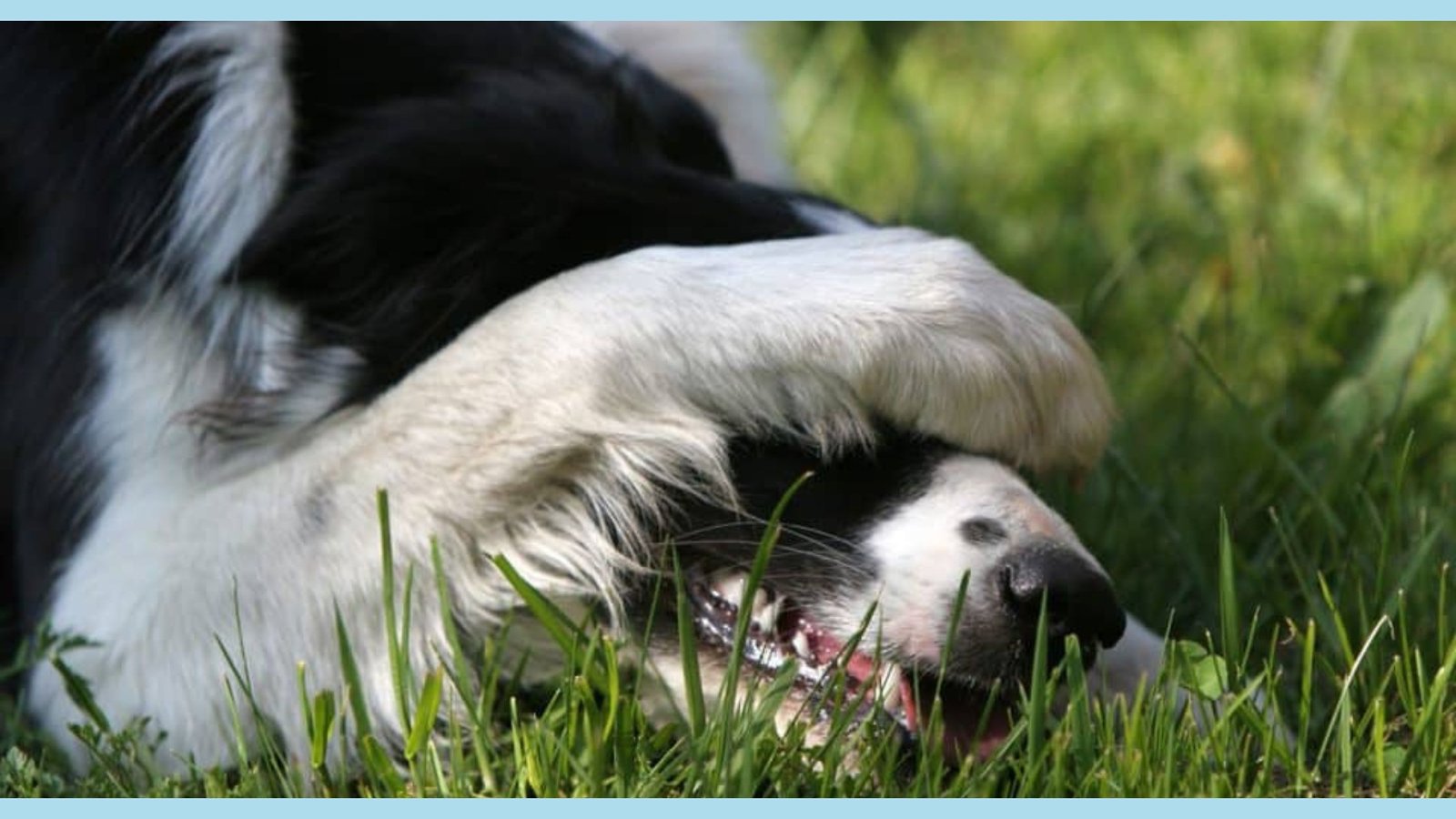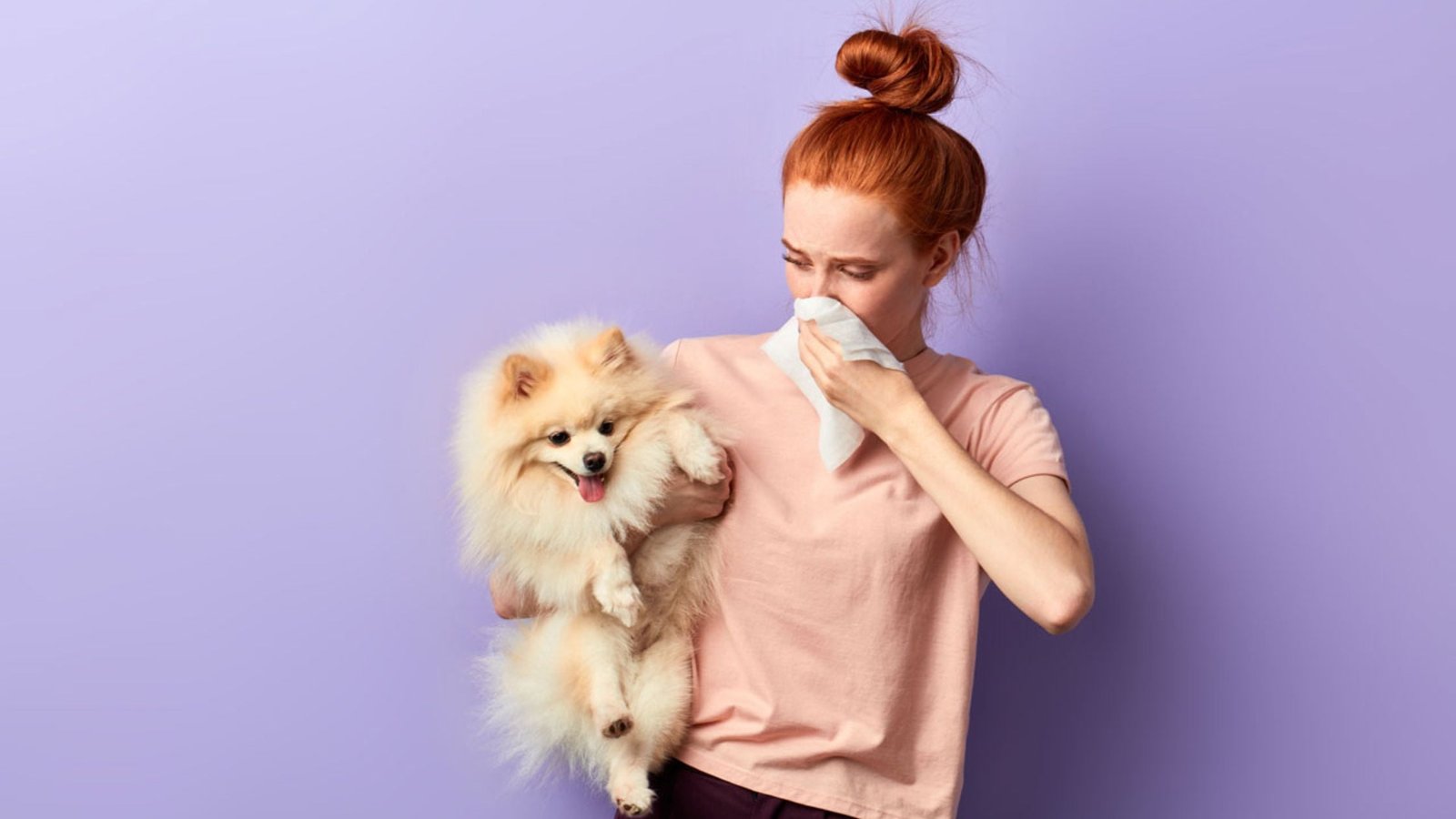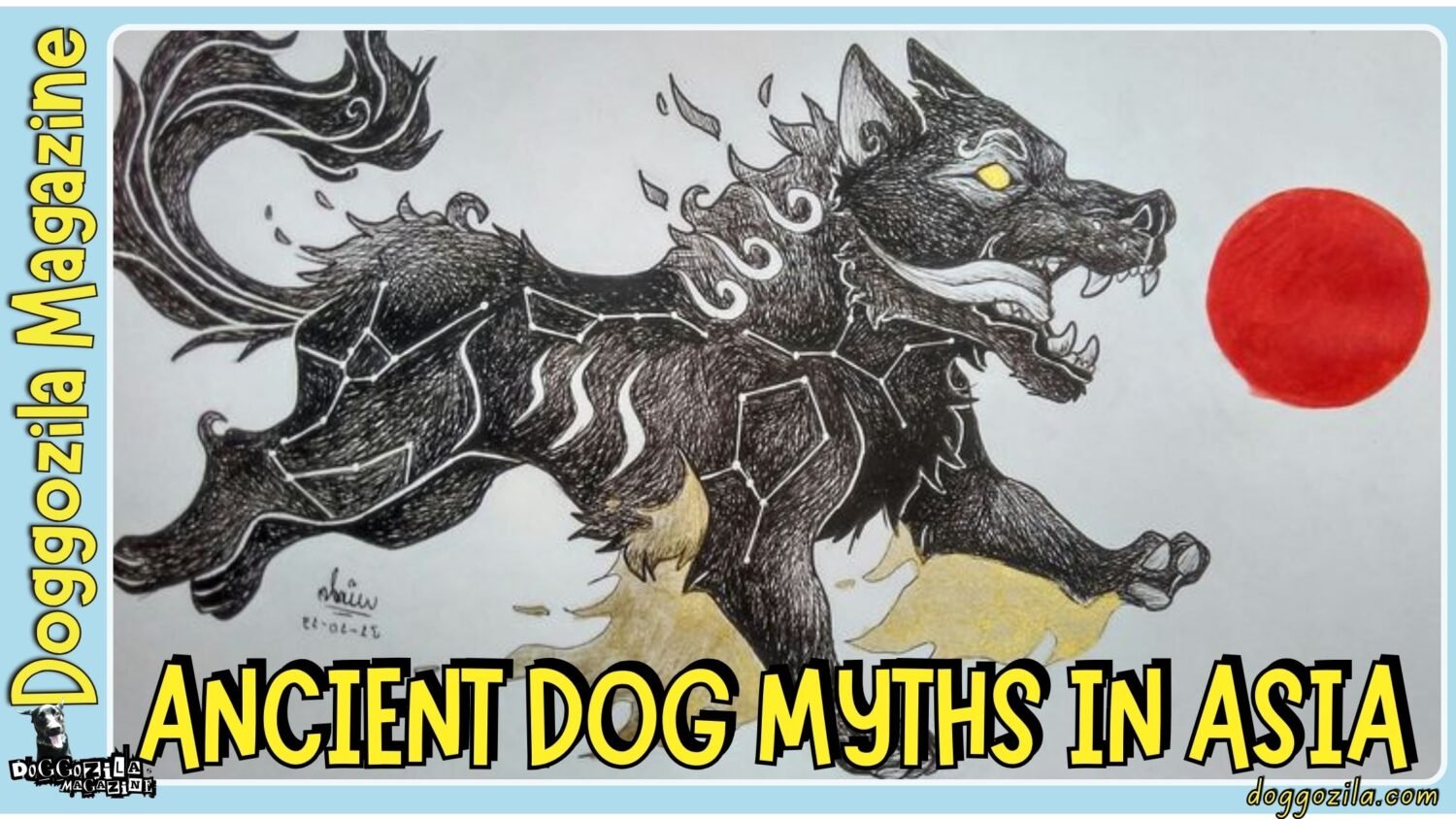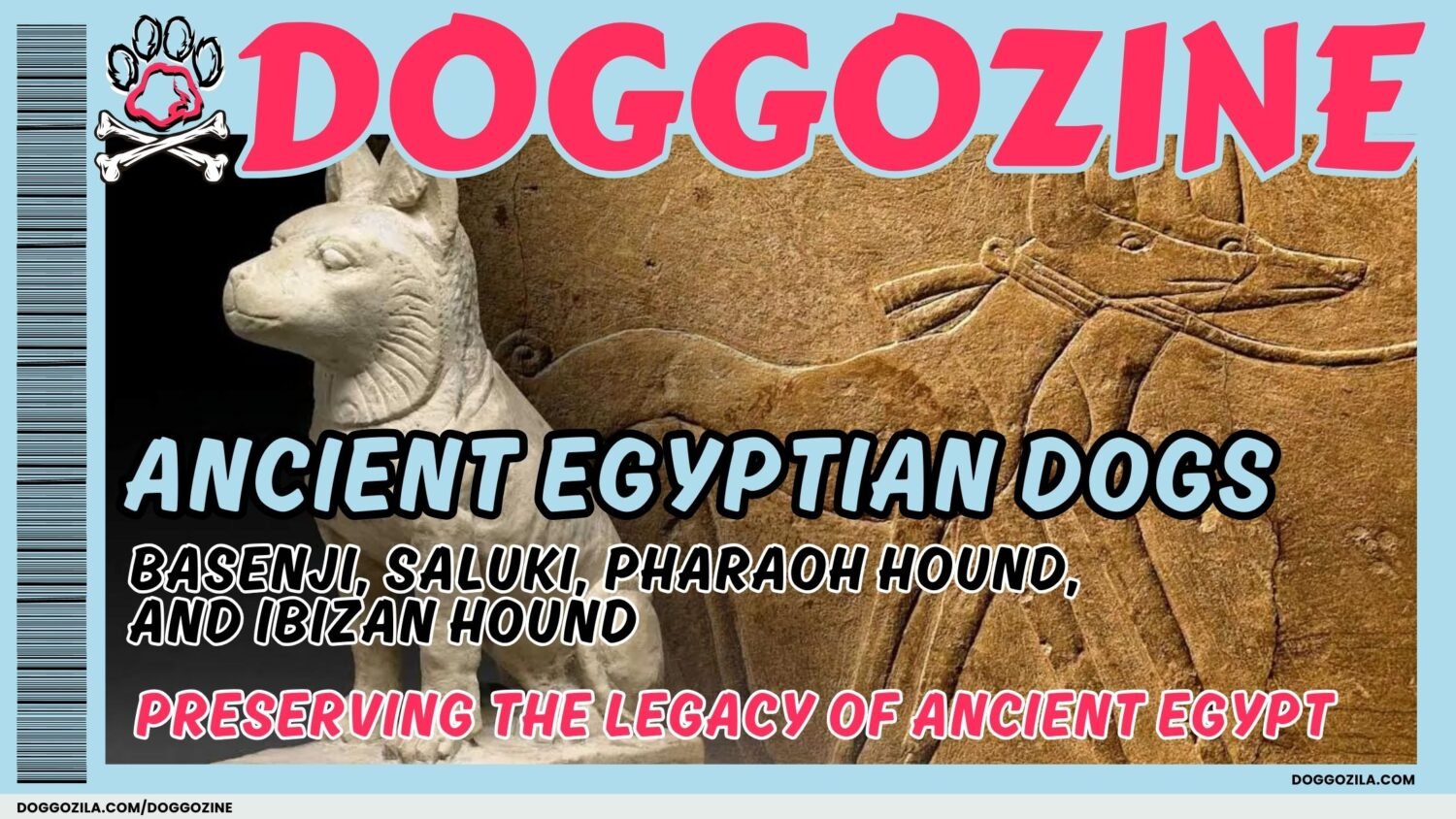Dogs have a very strong sense of smell. They can smell things much better than humans. Dogs like strong smells that have many layers. Humans cannot smell these smells as well as dogs. You should know that dogs may roll in smelly things. So, why do dogs like bad smells?

DOGS LIKE STINKY SMELLS
One reason dogs like strong smells is their amazing sense of smell. Humans have around 5 million smell receptors. Dogs have an amazing 220 million smell receptors! This means dogs can smell things that are 100,000 times weaker than what humans can smell. It’s no wonder dogs are used to find missing people or drugs.
Dogs are attracted to funky aromas and bad smells
Dogs find many different smells interesting. They like the smell of food. Dogs also like the stinky smell of garbage. Dogs like the smell of other animals. This may help them mark their territory. Or it may help them find prey. Dogs also like the smell of some plants. They may even like how a certain person smells.
Dogs often roll in smelly things. This may seem strange to their owners. But it serves a purpose for dogs. Rolling in smelly things helps mask their own smell. This can help them blend in with their surroundings. It can also help them avoid being detected by other animals.
Dogs possess incredible sense of smell
However, it’s important to note that not all strong odors are appealing to dogs. Certain smells, such as those produced by cleaning products or chemicals, can be overwhelming and even harmful to their sensitive noses. It’s crucial for dog owners to be mindful of the products they use in their homes and ensure that their pets are not exposed to any potentially toxic substances.
Understanding and appreciating the incredible sense of smell that dogs possess can help us better comprehend their behaviors and provide them with a safe and enriching environment. From their ability to detect hidden treats to their keen sense of danger, dogs rely heavily on their sense of smell to navigate the world around them. So the next time you see your furry friend sniffing around with great enthusiasm, remember that they are experiencing a whole other dimension of scents that we can only begin to imagine.

HOW TO REMOVE SKUNK ODOR AND BAD SMELLS FROM YOUR DOGS
As a dog owner, there are few things more unpleasant than the smell of a skunk. It’s even worse when your beloved pet gets sprayed by one. The pungent odor can be overwhelming and difficult to remove. However, with the right techniques, you can effectively get rid of skunk smell on your dog. In this article, we will discuss the steps you can take to eliminate skunk odor and restore your dog’s fresh scent.
Act Quickly
When your dog gets sprayed by a skunk, it’s important to act quickly. The longer the skunk spray sits on your dog’s fur, the more difficult it will be to remove the odor. As soon as you notice the smell, take your dog outside to prevent the odor from lingering in your home.
Safety First, Check for Injuries than Remove the Excess Spray
Before you begin the de-skunking process, it’s important to ensure your own safety. Skunk spray can irritate your eyes and skin, so it’s essential to wear protective gloves and eye wear. Additionally, keep your dog away from your face to avoid any contact with the skunk spray.
While skunk spray is unpleasant, it’s important to check your dog for any injuries or signs of distress. If you notice any wounds or unusual behavior, contact your veterinarian immediately.
Start by removing as much of the skunk spray as possible. Use paper towels or old rags to blot the affected areas. Avoid rubbing, as this can spread the odor and make it more difficult to remove.
Prepare a Skunk Odor Remedy
There are several homemade remedies that can effectively neutralize skunk odor. One popular option is a mixture of hydrogen peroxide, baking soda, and dish soap. In a large bowl, combine one quart of hydrogen peroxide, 1/4 cup of baking soda, and one teaspoon of dish soap. Until the baking soda is dissolved you should stir the mixture gently.
Apply the Remedy and Let it Sit
Using gloves, apply the skunk odor remedy to your dog’s fur. Be sure to cover all the affected areas, paying extra attention to areas where the spray is concentrated, such as the face and tail. Massage the mixture into your dog’s fur, being careful to avoid the eyes, ears, and mouth.
Once you have applied the skunk odor remedy, allow it to sit on your dog’s fur for at least five minutes. This will give the mixture time to neutralize the skunk odor.
Rinse Thoroughly, Repeat if Necessary than Dry and Brush Your Dog
After the remedy has had time to work, thoroughly rinse your dog’s fur with warm water. Be sure to rinse all the areas where you applied the mixture, ensuring that no residue remains.
In some cases, you may need to repeat the skunk odor removal process to completely eliminate the smell. If the odor persists after the first attempt, repeat steps 5 to 8 until the smell is gone.
Once you have successfully removed the skunk odor, dry your dog thoroughly with a towel. If your dog is comfortable with it, you can also use a blow dryer on a low setting. After your dog is dry, give them a good brushing to remove any remaining skunk spray residue.
Prevent Future Encounters
To prevent your dog from getting sprayed by a skunk in the future, take precautions such as keeping your dog on a leash and avoiding areas where skunks are known to frequent. Additionally, you can use skunk deterrent products that are available in pet stores.
Remember, getting rid of skunk smell on your dog requires prompt action and the right techniques. By following these steps, you can effectively eliminate the odor and restore your dog’s fresh scent. However, if the smell persists or if your dog shows any signs of discomfort, it’s best to consult with your veterinarian for further guidance.

WHY DO DOGS ROLL ON STINKY STUFF?
Have you ever wondered why your dog has a peculiar habit of rolling on stinky stuff? It may seem strange to us humans, but this behavior is actually quite common among dogs. Many believe that it’s instinctual behavior, harkening back to the days when their wild ancestors would mask their scent to help them sneak up on their prey.
Why Dogs Roll on Smelly Things
Dogs have a strong sense of smell. They use it to learn about their surroundings. Rolling on smelly objects is a behavior dogs exhibit. This is likely a way for them to gather and share information with other dogs. In the wild, dogs would roll on decaying animals or feces. This helped mask their own scent and blend in with their environment.
It allowed them to approach prey without being detected. Domesticated dogs do not need to hunt for food. However, the instinctual behavior of rolling on smelly things remains. It is a way for dogs to mark their territory and communicate with others. By rolling on smells, dogs are essentially saying, “I have been here.“
Dogs Simply Enjoy Certain smells
Another reason dogs roll on smelly objects is because they enjoy certain odors. Dogs have a much stronger sense of smell compared to humans. What may seem unpleasant to us can be fascinating to them. Rolling on smells allows dogs to fully immerse themselves in the scent. This can be a highly enjoyable experience for dogs.
Additionally, dogs have scent glands located in various body parts, such as their paws, ears, and anal area. Rolling on smelly objects helps dogs spread their own scent. It is a way for them to claim ownership and establish their presence in the environment.
Curiosity and Exploration Drive the Behavior
Rolling on smelly things can also be attributed to a dog’s natural curiosity and desire to explore. Dogs are inquisitive creatures. They use their senses to learn about the world around them. Rolling on smelly objects allows dogs to investigate new odors. It helps them gather information about other animals that may have been in the area.
Remember that not all dogs exhibit this behavior. Some dogs may be more prone to rolling on stinky stuff than others. Factors such as breed, individual personality, and upbringing can all play a role in determining whether a dog engages in this behavior.
Managing the Behavior
While rolling on stinky stuff may be a natural behavior for dogs, it can be quite unpleasant for us as their owners. The strong odors can linger on their fur and be difficult to remove.
It’s important to remember that while rolling on stinky stuff may be an instinctual behavior for dogs, it’s not always practical or desirable in our modern world. By implementing these strategies, you can help manage this behavior and ensure that your dog stays clean and fresh-smelling.
Tips to help you manage this behavior
- Keep your dog on a leash during walks to prevent them from rolling on stinky stuff.
- Redirect their attention with toys or treats when you notice them showing interest in something smelly.
- Teach them the “leave it” command to discourage them from approaching or rolling on stinky objects.
- Keep your dog’s environment clean and free from potential sources of strong odors.
- Consider using a scent deterrent spray on objects or areas that your dog is prone to rolling on.
So, the next time you catch your dog rolling on stinky stuff, remember that it’s a natural behavior rooted in their instincts.

DISGUSTING SMELLS FOR DOGS: UNVEILING THE SCENTS THAT DOGS DESPISE
Dogs are animals with a very powerful sense of smell. Their noses can detect smells that humans cannot. But even dogs find some smells unpleasant. These smells are very strong and overpowering. They can make dogs feel uncomfortable and want to avoid them. Let’s learn about the smells that dogs dislike.
How Well Dogs Can Smell
Dogs have an amazing sense of smell compared to humans. Their noses have about 300 million smell receptors, while humans only have 6 million. This allows dogs to pick up on many different smells. They can use their sense of smell to help in search and rescue, finding drugs, and even medical tasks.
SMELLS THAT DOGS HATE
Dogs may not mind some smells that humans find bad. But there are certain smells that dogs really don’t like.
Let’s explore some of the most common scents that dogs find disgusting:
Citrus, Vinegar and Ammonia
The sharp, sour smell of citrus fruits like oranges and lemons can bother dogs. These strong smells can be too much for their sensitive noses. This is why citrus-based cleaners and repellents are used to keep dogs away from certain areas or things.
Dogs don’t like vinegar’s strong smell. Vinegar’s sour nature makes its scent unpleasant for our furry pals. This dislike can help stop dogs from chewing furniture or other things at home.
Ammonia, found in cleaners, has a stinky odor that dogs hate. The harsh, chemical-like smell of ammonia bothers their sensitive noses. It’s crucial to keep ammonia cleaners away from dogs to prevent accidental ingestion or discomfort.
Skunk Spray and Strong Medicinal Odors
Skunk spray is known for its awful smell, which dogs also find offensive. When a dog encounters a skunk, the skunk sprays a foul-smelling liquid. This powerful odor can linger on a dog’s fur for days, causing distress. It’s best to keep dogs away from areas where skunks live to avoid such encounters.
While dogs may tolerate some medication smells, strong medicinal odors can be very repulsive. This includes ointments, antiseptics, or oral meds with a pungent aroma. Dogs may show signs of dislike when given such medications.
Decomposing Matter or Certain Perfumes and Fragrances
Dogs have a sharp sense of smell. They can pick up very small amounts of rotting things like food or dead animals. These smells are very unpleasant for dogs. They will naturally avoid areas with these strong, decaying odors.
Certain perfumes and fragrances can also be too strong for dogs’ sensitive noses. Floral or musky perfumes are especially bothersome. They can cause discomfort or even allergic reactions in dogs.
Quick summary on why do dogs like bad smells
Dogs may seem fine with bad smells. But there are some scents they find disgusting. Their strong sense of smell lets them detect many odors. It’s important for owners to know what smells bother dogs. This helps create a comfortable environment for pets.
Understanding which smells dogs dislike helps keep furry friends happy and at ease. Dogs may roll in stinky things to mask their scent, communicate with other dogs, or just explore interesting smells. Learning about this behavior helps keep both dogs and owners content without unpleasant odors.
We encourage you to continue reading on this topic at VetStreet!









